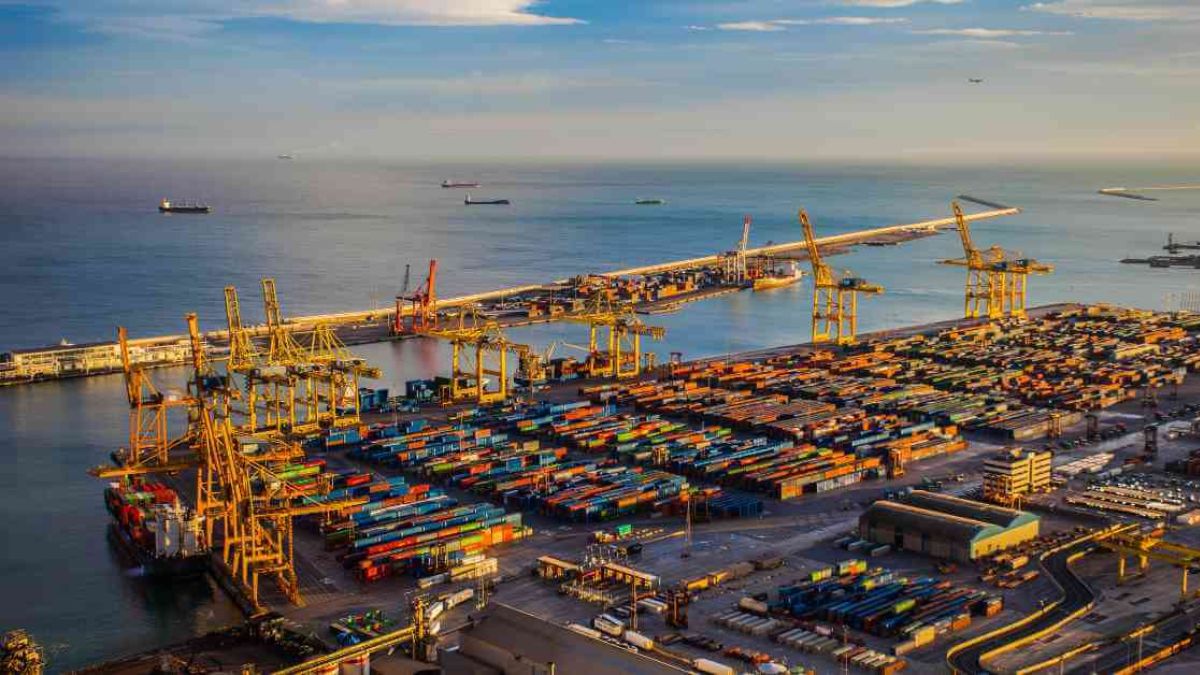The Egyptian bulk carrier MV Wadi Albostan has been arrested at India’s Paradip Port following a legal dispute, underscoring the complexities and challenges of international maritime operations. The vessel, which is operated by the Egyptian national shipping company, was detained on the orders of the Orissa High Court pending the resolution of a commercial litigation case.
The MV Wadi Albostan was arrested as it docked at Paradip Port, a key maritime hub on India’s eastern coast after the court issued an order in response to a claim filed by an Indian firm. The nature of the dispute reportedly involves an unpaid debt related to services provided to the vessel, though specific details of the case have not been disclosed. The arrest of the vessel is a precautionary measure commonly employed in maritime law to ensure that claims can be settled if the court rules in favour of the plaintiff.
This incident has raised concerns within the shipping community, as the arrest of a vessel can lead to significant operational and financial repercussions. The MV Wadi Albostan, a vital asset for its operator, is now anchored at Paradip Port under the jurisdiction of Indian authorities, with its future movements contingent on the outcome of the legal proceedings.
Industry experts note that such arrests, while relatively rare, highlight the importance of adhering to international maritime agreements and contracts. They also point out the potential risks and delays that can arise from legal disputes, which can disrupt the supply chain, affect cargo schedules, and lead to additional costs for shipowners and charterers.
The arrest of the MV Wadi Albostan comes at a time when global shipping is already under pressure from various challenges, including supply chain disruptions, fluctuating demand, and regulatory changes. The incident serves as a reminder of the legal complexities that shipping companies must navigate in international waters, particularly in jurisdictions with stringent maritime laws.
Given the wider ramifications for international shipping and trade, stakeholders in the maritime industry will be closely following the case as it develops. The outcome of the legal proceedings will not only determine the fate of the MV Wadi Albostan but could also set a precedent for how similar disputes are handled in the future, both in India and globally.

